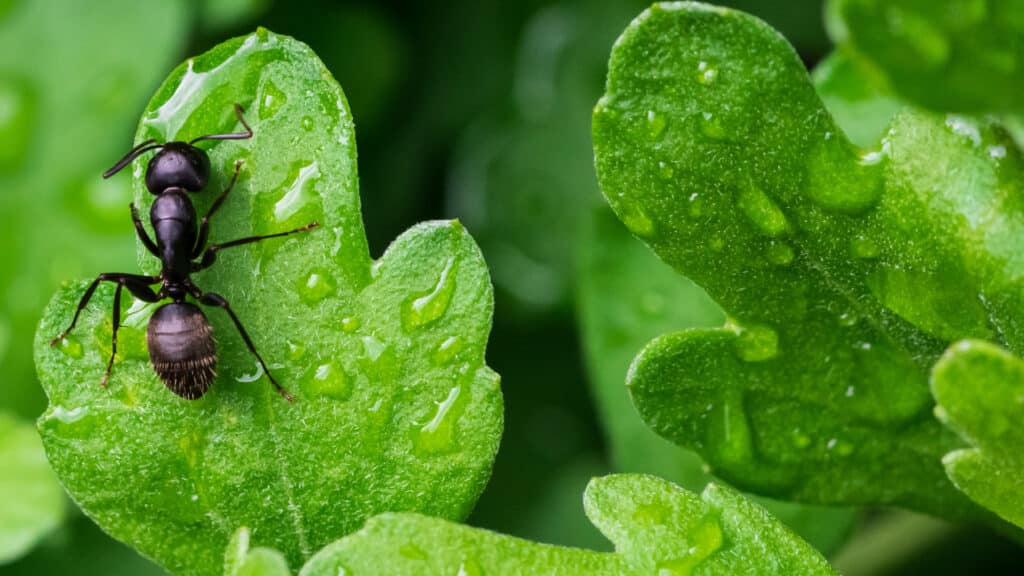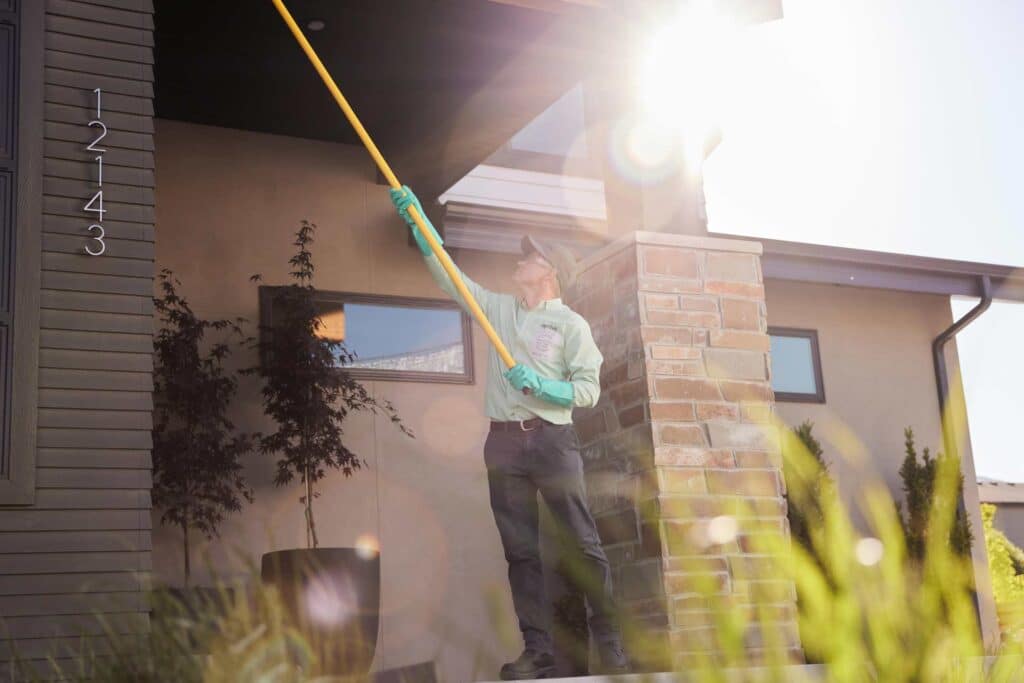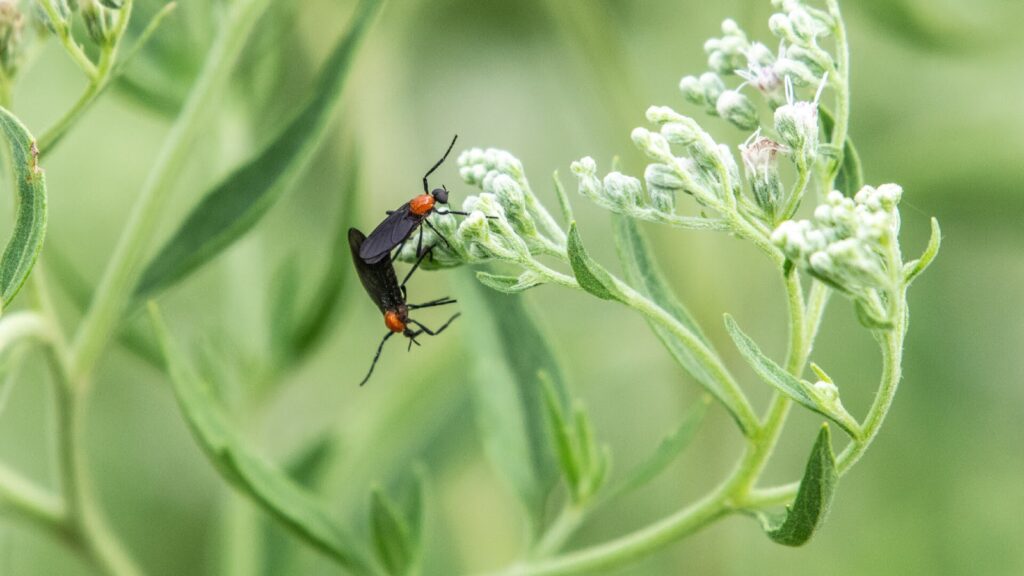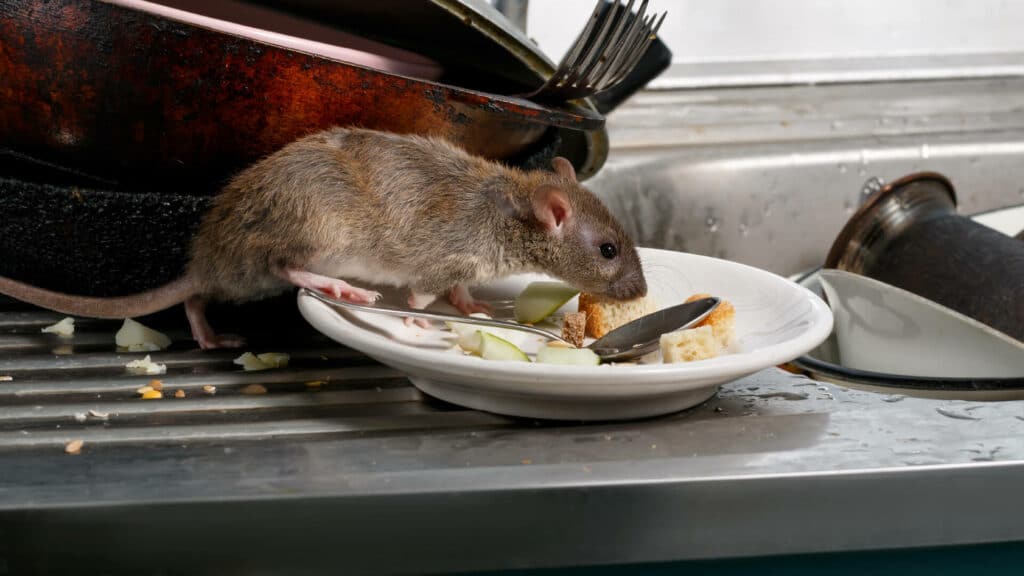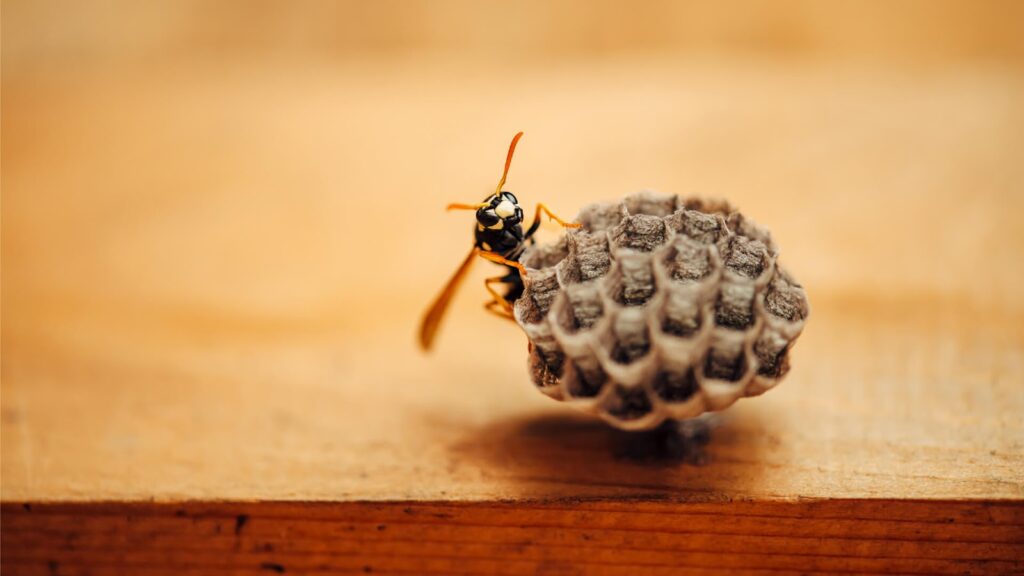Have you been seeing random ants roaming around your home? You may not think it’s a big deal, but soon enough, you realize you most likely have an ant infestation in your home. Ants can spread quickly throughout your house, so getting rid of them all on your own is difficult.
In some unfortunate circumstances, ants may have decided to make a nest in your home walls or other areas. This is a less common occurrence, but it happens. In this case, you often need a professional since you can’t reach the source of the problem with regular bug sprays and other products. Although you can use store-bought pesticides to keep the ants to a minimum, a professional ant exterminator is your best bet.
Before calling in the professionals, it’s important to know how to recognize the signs of an infestation, why they’re invading your home in the first place, and how to prevent them from coming inside.
Signs of an Ant Infestation
The biggest and most obvious sign of an ant infestation is frequently seeing several ants crawling around your home. Of course, seeing the occasional ant might just mean they’ve wandered from their colony in hopes of finding food and water.
You may also have an ant infestation if you notice ants overtaking your food. Even if you don’t see ants on your food, you may still see holes chewed through your food’s packaging. If this is the case, you’ll want to throw away the contaminated food.
Pro Tip: Protect the food in your pantry by storing it in airtight containers.
If your home is infested with carpenter ants, you may notice wood shavings or sawdust due to their ability to chew through wood. Not only is this a nuisance, but it also negatively impacts the structure of your home.
Bottomline, if you believe your home has an ant infestation, don’t put off calling your local pest control company. Even if most ants are more frustrating than harmful, they can still cause several problems in your home. With that being said, what is attracting ants into your home in the first place?
What is Attracting Ants Into Your Home?
If you’re finding ants marching in your home, it’s most likely two reasons: Food and water. Ants are always on the lookout for an easy source of food, so if you have crumbs in your pantry, they’ll quickly target them. In addition to over-running crumbs and food in your kitchen’s pantry, ants will also look for food sources in trash cans and your pet’s food bowl.
In addition to food, ants are also seeking water, so if there are ants in your bathroom, water is typically the cause. Carpenter ants, for example, build nests under bathroom sinks and tiles since they hold the most moisture. If you’re finding ants, there could be a leak – check near toilets, sinks, and tubs for any leaks. If you’ve searched high and low for foods in the kitchen, they could be attracted to water. Eliminate any excess moisture in your home should give the ants less reason to be there.
How To Prevent Ants in Your Home
No one wants to see ants marching in their home. Here’s how to prevent ants from invading your home and becoming an infestation.
1. Keep a Clean Home
Just like preventing other pests, keeping a clean home is a great way to make sure ants steer clear. When cleaning your home, make sure to wipe down countertops, clean dishes, pick up leftover food or crumbs, and take out the garbage. Since the kitchen sink may also provide ants with water., try to keep it free of standing water. Clean up any spills as quickly as possible, especially spills that are sugary or greasy. Pay extra close attention to small spaces or cracks that food could fall into, as well as children that may be sneakily hiding food around the home.
After cleaning the kitchen, make sure the bathrooms are clean and free of any excess moisture. Plus, scrub the floors and inside of drawers with a cleaner.
2. Seal Cracks in Your Home
Ants can fit in tiny cracks and gaps, so you’ll want to seal any openings in your home to block ants from squeezing their way in. This is particularly important, so don’t skip this step. Walk around the perimeter of your home to look for potential openings. In most cases, these gaps will be found around the foundation, pipes, doors, and windows. These gaps can be closed with calk or expanding foam. In more severe cases, you may need to call in a professional to block these openings.
3. Use Ant Spray
Another way to get rid of ants in your home is to use ant spray on colonies outside your home. This spray kills on contact, but only roughly 20% of an ant colony will venture outside, so frequent re-treatment will be needed to fully eliminate an ant problem. You can also use natural solutions, including vinegar, diatomaceous earth, borax, baby powder, essential oils, and coffee grounds.
4. Set Out Traps
The final way to get rid and prevent ants is to set out traps. Although they’re not strong enough to completely get rid of an entire ant infestation, they can greatly reduce the population size. Plus, they’re beneficial for trapping the occasional ant passing through to find food and water. While they take more time to work, abt traps can be more effective in eliminating a small ant problem compared to solutions like ant repellent or ant spray.
Why Are Ants in My House?
Understanding what causes ants to invade your home can save you a lot of frustration and help you target your prevention strategies more effectively. Often, simple factors like leftover food, pet food dishes, or even small spills can attract ants indoors. Additionally, environmental conditions such as heavy rains can drive ants to seek shelter and new nesting sites within your house. Addressing these attractants by maintaining cleanliness and promptly addressing moisture issues like leaks can significantly reduce the likelihood of an ant invasion.
Call Aptive Environmental for a Professional Ant Extermination
If the ants in your home are stubborn and refuse to leave after you’ve used store-bought pesticides and ant traps, you most likely require a professional to perform a full ant extermination, Overall, a professional like Aptive Environmental will be able to target the source of the problem and quickly eliminate it. We focus on eliminating the current infestation as well as future infestations. If the bugs come back, we will too (at no additional cost)!
